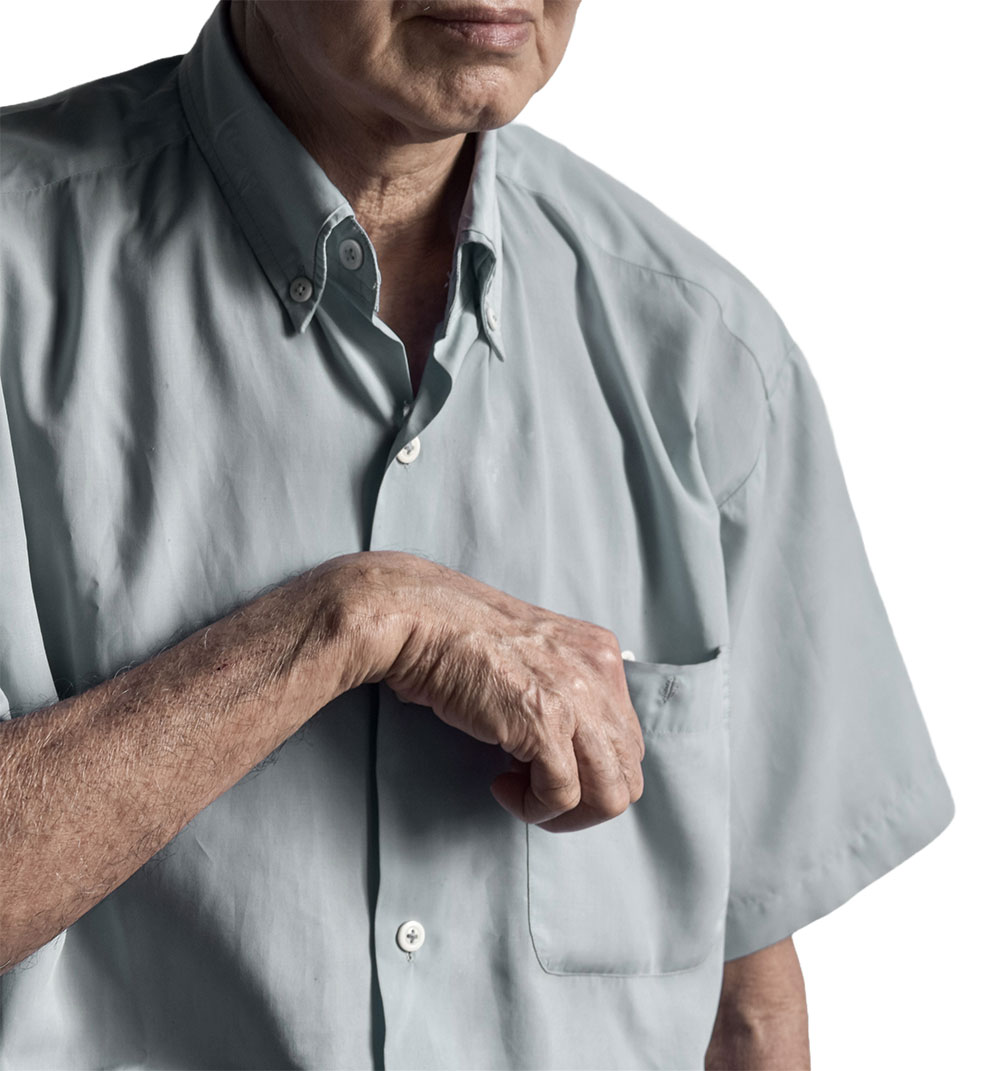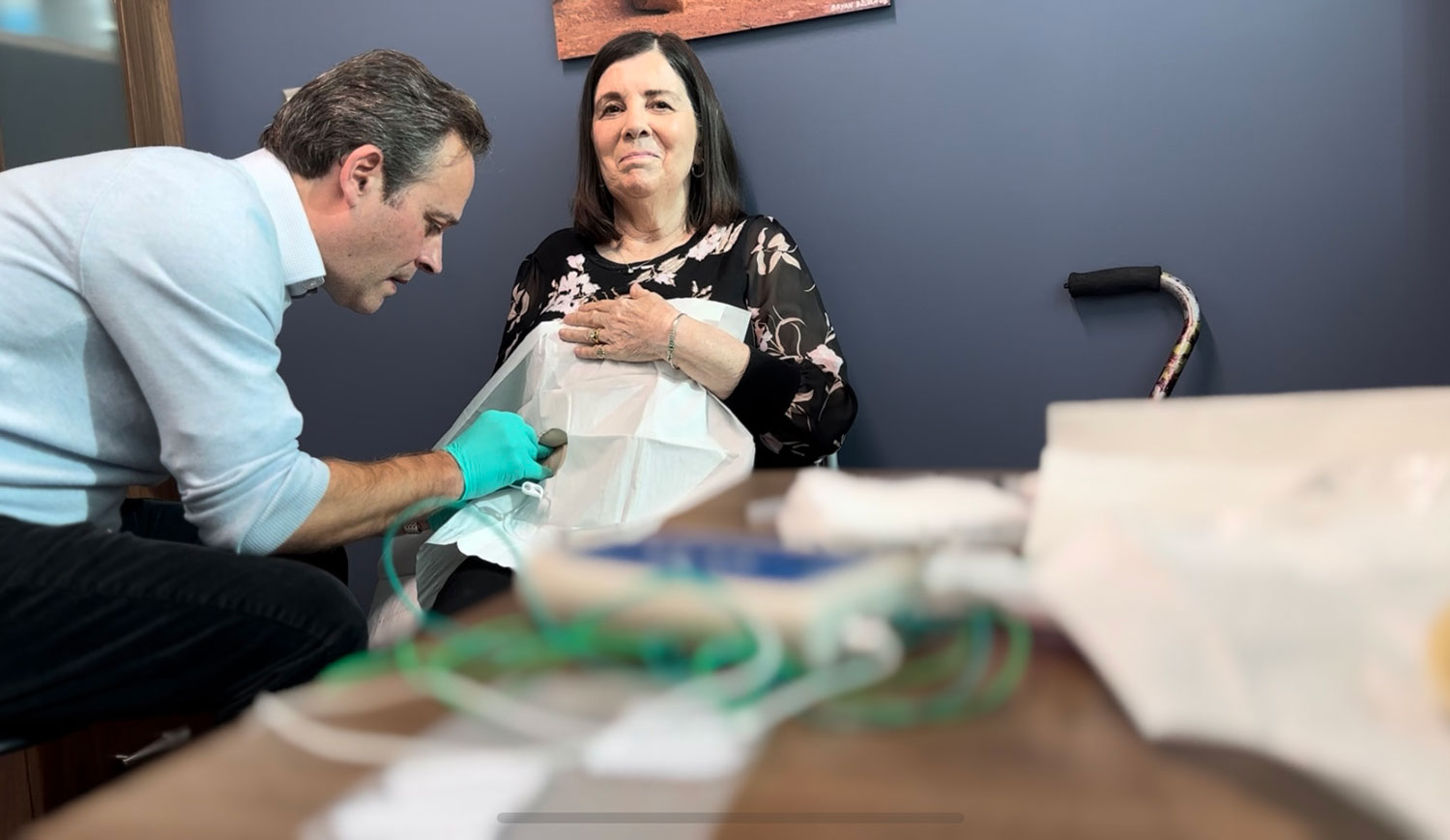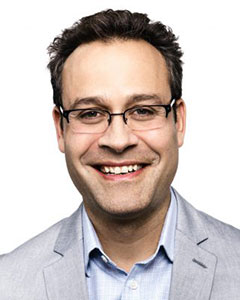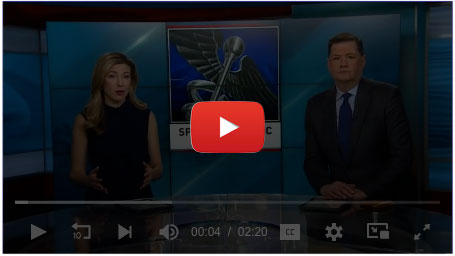- Locations
- Find a Physician
- By Physician
- By Department
- The Center for Spine Health
- Hand & Wrist Center
- Shoulder & Elbow Center
- Foot & Ankle Center
- Joint Replacement Center
- The Sports Medicine Center
- Pediatric Orthopedic Center
- Trauma & Fracture Center
- Osteoporosis and Bone Health
- Oncology Center
- Cartilage Repair Center
- Concussion Rehab Center
- OrthoDirect
- Careers
- Patient Portal
- Intranet
Comprehensive Spasticity Management Clinic
The Comprehensive Spasticity Management Clinic at University Orthopedics provides patients with neurologic disabilities outstanding, personalized care from a highly skilled team of medical professionals experienced in spasticity management.
Led by Dr. Zachary Bohart - a board-certified physiatrist and an expert in spasticity management - our top-rated program offers a multidisciplinary and comprehensive approach to spasticity treatment that is unique in Rhode Island and Greater Boston. Dr. Bohart works closely with physical and occupational therapists, as well as orthotists to develop a comprehensive treatment plan individualized for each patient to maximize their level of functioning. He has cared for thousands of patients with spasticity issues - helping to alleviate the physical and emotional pain that often accompanies spasticity, allowing them to lead more comfortable, confident, and socially fulfilling lives.
What is Spasticity?
A condition that causes certain muscles to contract involuntarily, spasticity is a symptom of certain neurological conditions that can make it difficult to perform voluntary movement; sit and sleep comfortably; stand and transfer; wear a brace; participate with physical and occupational therapy; and have care provided for. Spasticity can vary greatly in how it affects someone — it may be as mild as the feeling of tightness of your muscles or may be so severe that it causes painful, uncontrollable stiffness and spasms of your extremities.

While the causes vary, Dr. Bohart most often treats spasticity that is the result of the following.
- Stroke
- Multiple Sclerosis
- Spinal Cord Injury
- Brain Injury
- Cerebral Palsy
Benefits of Injection Therapy
Areas in which injections can aid in spasticity

Injection Therapy
By targeting the muscles causing the most tightness or spasms, local injections can be very effective in the treatment of spasticity without causing the side effects of oral spasticity medications. The Comprehensive Spasticity Management Clinic at University Orthopedics offers three of today’s most effective treatments for spasticity:
- Botox injection therapy
- Phenol nerve-block injection therapy
- Intrathecal baclofen (ITB) pump placement and therapy
When given early, before contracture sets in, injection therapy can help patients better participate in physical and occupational therapy to gain strength, flexibility, and the ability to work on everyday self-care skills. Such skills include the improved use of a limb and the attainment of more comfortable seating, as well as improvements in walking and transferring weight, wearing a brace, and attending to hygiene.
After a stroke, disabling shoulder pain is common. Our multidisciplinary team is specifically trained to manage this shoulder pain, which can interfere significantly with a patient's ability to participate in therapy. We often treat this pain with targeted therapy accompanied by a shoulder steroid injection and a Botox injection to reduce the tightness in the spastic shoulder muscles.
Additional Treatments
Additional effective, non-surgical treatment options offered include:
- Exercise programs
- Pharmacological management
- Bracing and splinting
- Therapeutic heat, cold and electrical stimulation
When injection treatment isn’t appropriate and surgical treatment may be warranted, our team works closely with our surgical colleagues at University Orthopedics to help find the best, least invasive solution, to maximize a patient’s comfort and functioning.
Physician Biography

PHYSICAL MEDICINE & REHABILITATION
Zachary Bohart, MD, MS
Board-certified Physical Medicine & Rehabilitation
Zachary Bohart, MD is a specialist in physical medicine and rehabilitation and focuses on orthopedic electrodiagnostics (EMGs), and comprehensive spasticity management, consisting of EMG and ultrasound-guided injections with Botox, peripheral phenol nerve blocks, and intrathecal baclofen pump management. These modalities are used to treat patients with spasticity from strokes, spinal cord injuries, multiple sclerosis, cerebral palsy, and brain injuries.
Dr. Bohart leads the Comprehensive Spasticity Management Clinic at University Orthopedics. He also treats this patient population at rehabilitation hospitals in the Boston area. He has been named one of Boston Magazine’s Top Doctors several years in a row and lectures residents and junior attendings around the country on the topic of comprehensive spasticity management.
In the News
Stroke patients benefit from Comprehensive Spasticity Clinic at University Orthopedics
BARBARA MORSE, NBC 10 NEWS
A new unique clinic for stroke patients is being led by Dr. Zachary Bohart, a physciatrist, which is a doctor that specializes in physical medicine and rehabilitation. One of his long time patients is Marie Sullivan who had a stroke 13 years ago.

